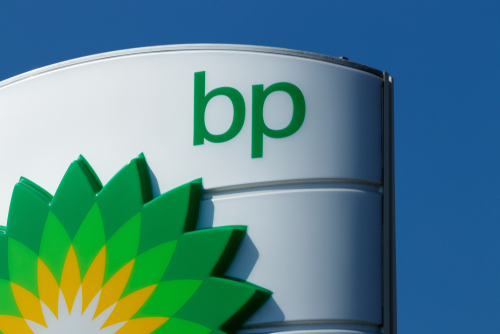
The international oil major BP announced the acquisition of Archaea Energy, a pioneering company in the tapping of landfills in Pennsylvania and nationwide as a source of renewable natural gas (RNG) formed by decomposing trash.
It was less than a year ago that Archaea launched operations at its new Project Assai facility at the Keystone Sanitary Landfill in Dunmore, Pa. Assai is now considered the largest RNG operation in the world with a capacity of 22,500 cubic feet per minute and the ability to eliminate more than 200,000 metric tons of carbon dioxide (CO2) emissions annually.
The approximately $4.1 billion cash, stock and debt deal announced Monday will pay around $26 per share for Archaea stock.
Assai and the rest of Houston-based Archaea will become a BP subsidiary with access to its international customer base and trading operations.
“Our biogas team is already one of the leading suppliers of renewable natural gas in North America,” said BP America Chairman and President David Lawler. “This deal accelerates our ability to deliver cleaner energy and generate significant earnings in a fast-growing sector and also help reduce emissions.”
Archaea had some ambitious plans to expand its nationwide RNG production in place before agreeing to become part of BP. In its announcement, BP said Archaea had more than 80 such projects in the development pipeline and had already forged a number of long-term supply agreements with other energy companies and customers; the Assai Project, for example, has deals for up to 20 years with Canada’s FortisBC Energy Inc., and also the sprawling University of California system.
“Completion of Assai is a monumental moment for Archaea,” Nick Stork, Archaea’s CEO, said last year after the successful start-up of the project. “We self-performed many critical aspects of this project that most would have outsourced. The compounding effects of this knowledge will translate to lower costs and faster timelines for landfill owners and offtake partners across North America.”
Stork called bp a “strong fit” with Archaea that would speed up the development backlog.
Landfills are a plum source of RNG. Archaea and Republic Services Inc., a nationwide waste management company, formed a joint venture last year to develop RNG projects at 39 Republic landfills. Earlier this month, the companies announced plans for an RNG operation at Middle Point Landfill in Tennessee.
The RNG process takes raw biogas with a content of roughly 50 percent methane and removes contaminants including CO2, water, nitrogen, and various volatile organic compounds and creates concentrated gas that is nearly pure methane but with vastly reduced CO2 content. Calling it “renewable” stems from the fact that it is a byproduct of landfill, sewage treatment or livestock operations rather than a gas coming out of the ground where it has been sequestered for eons.